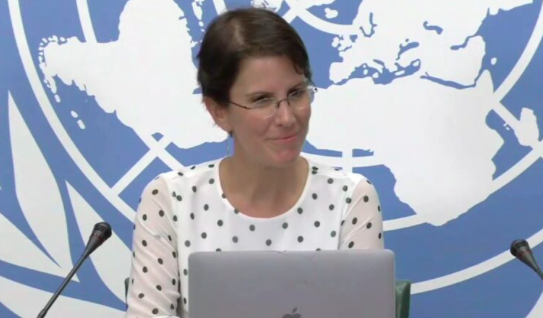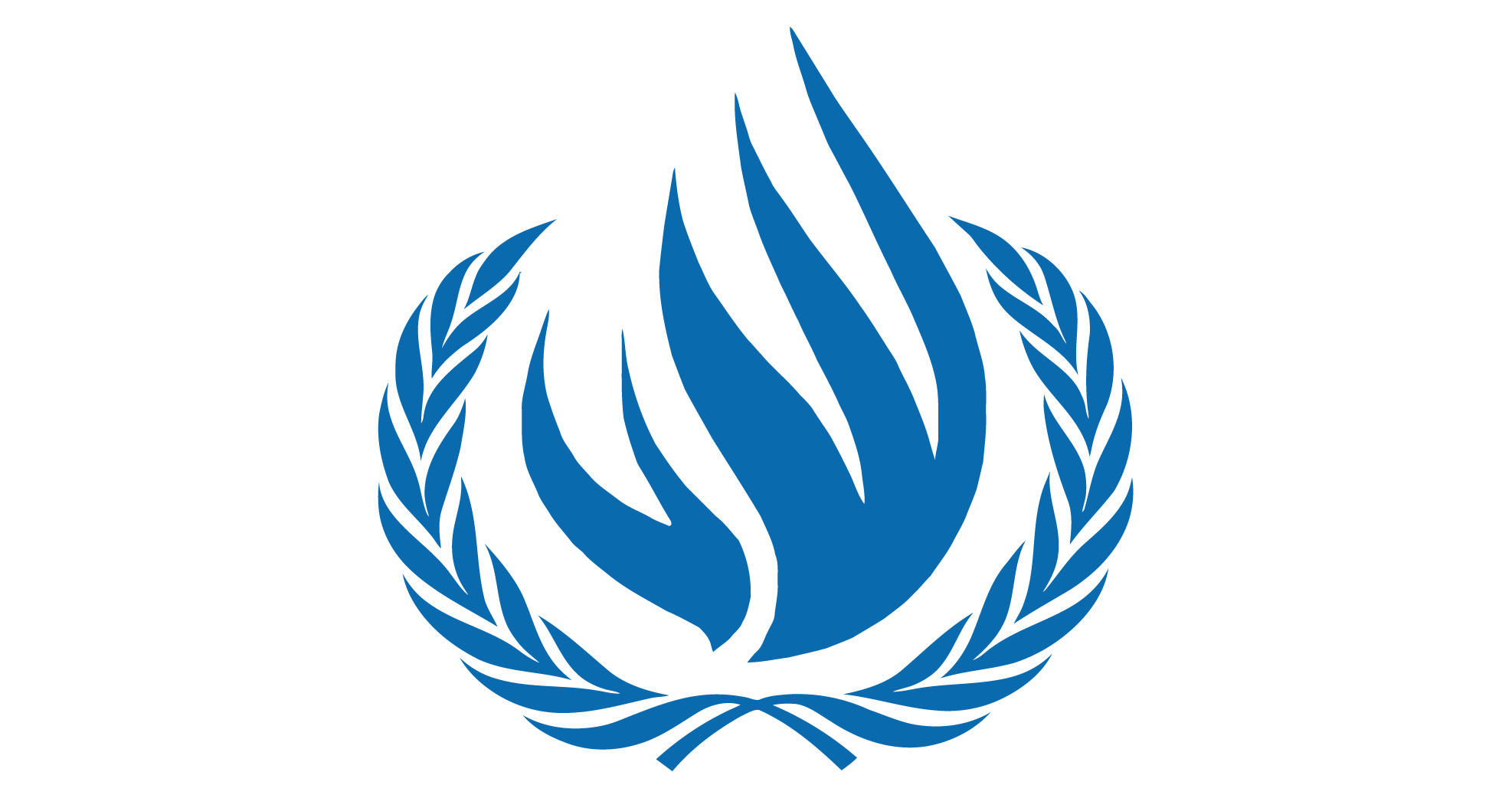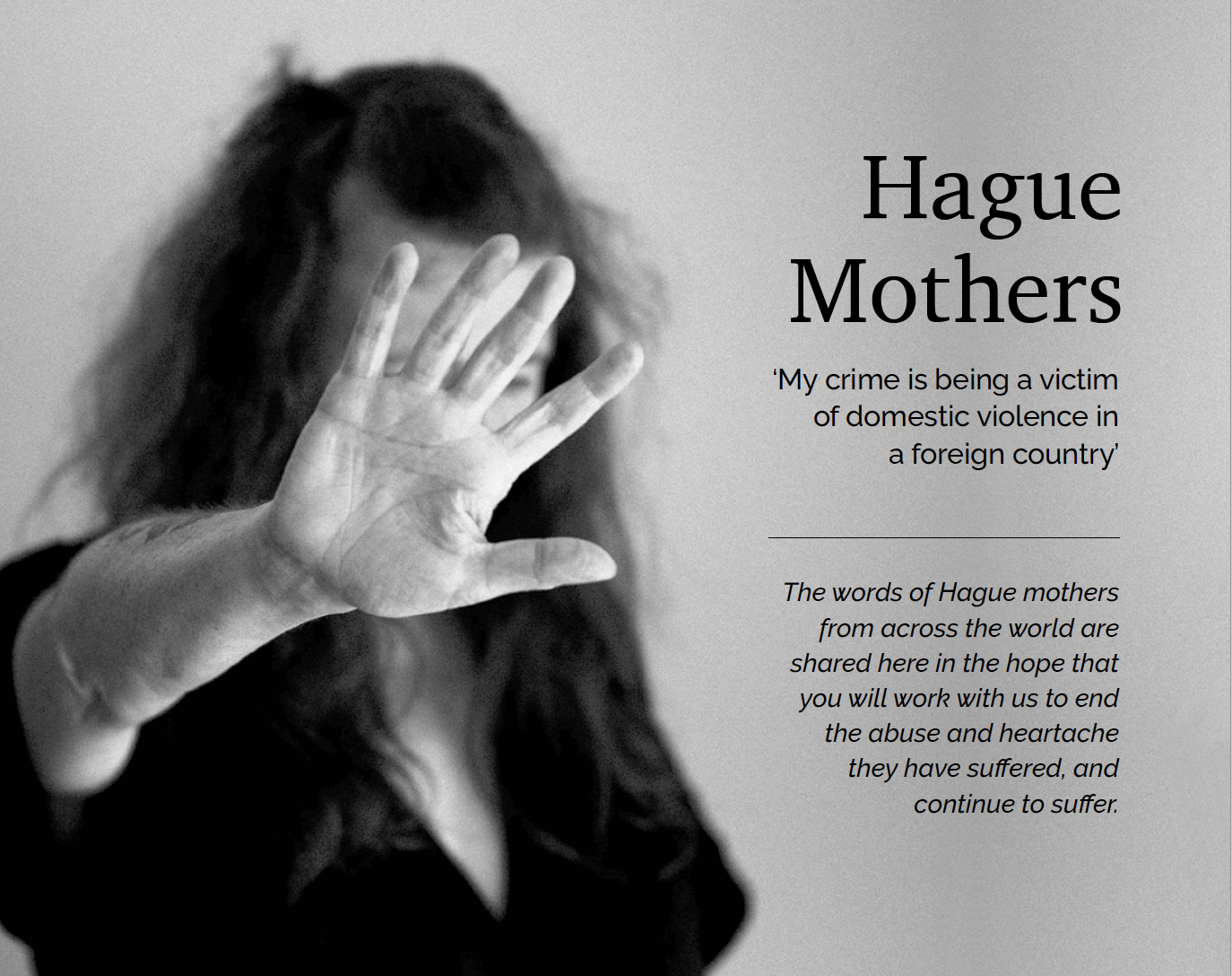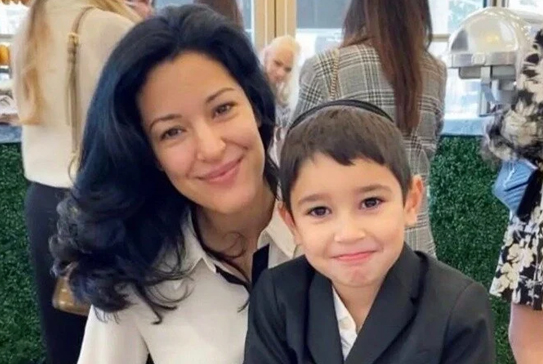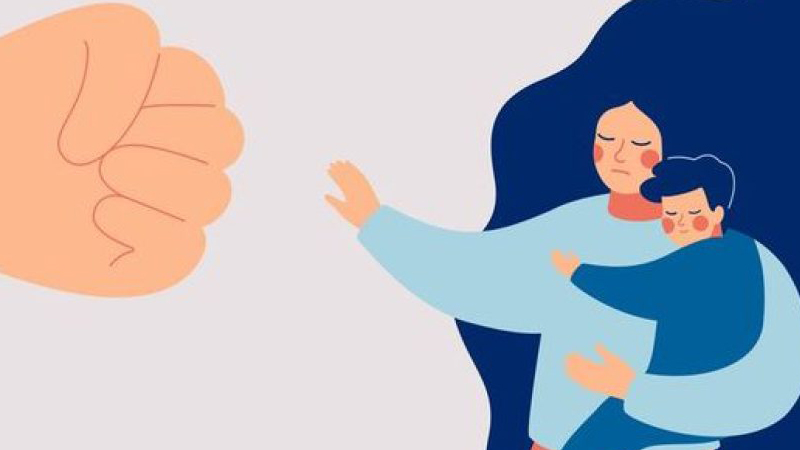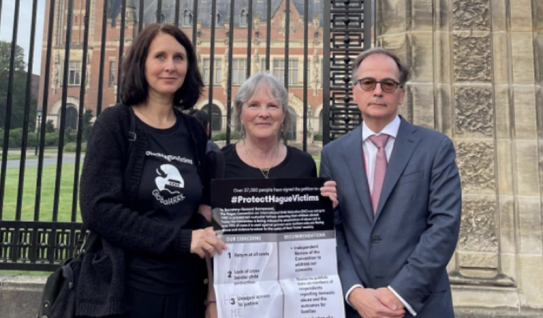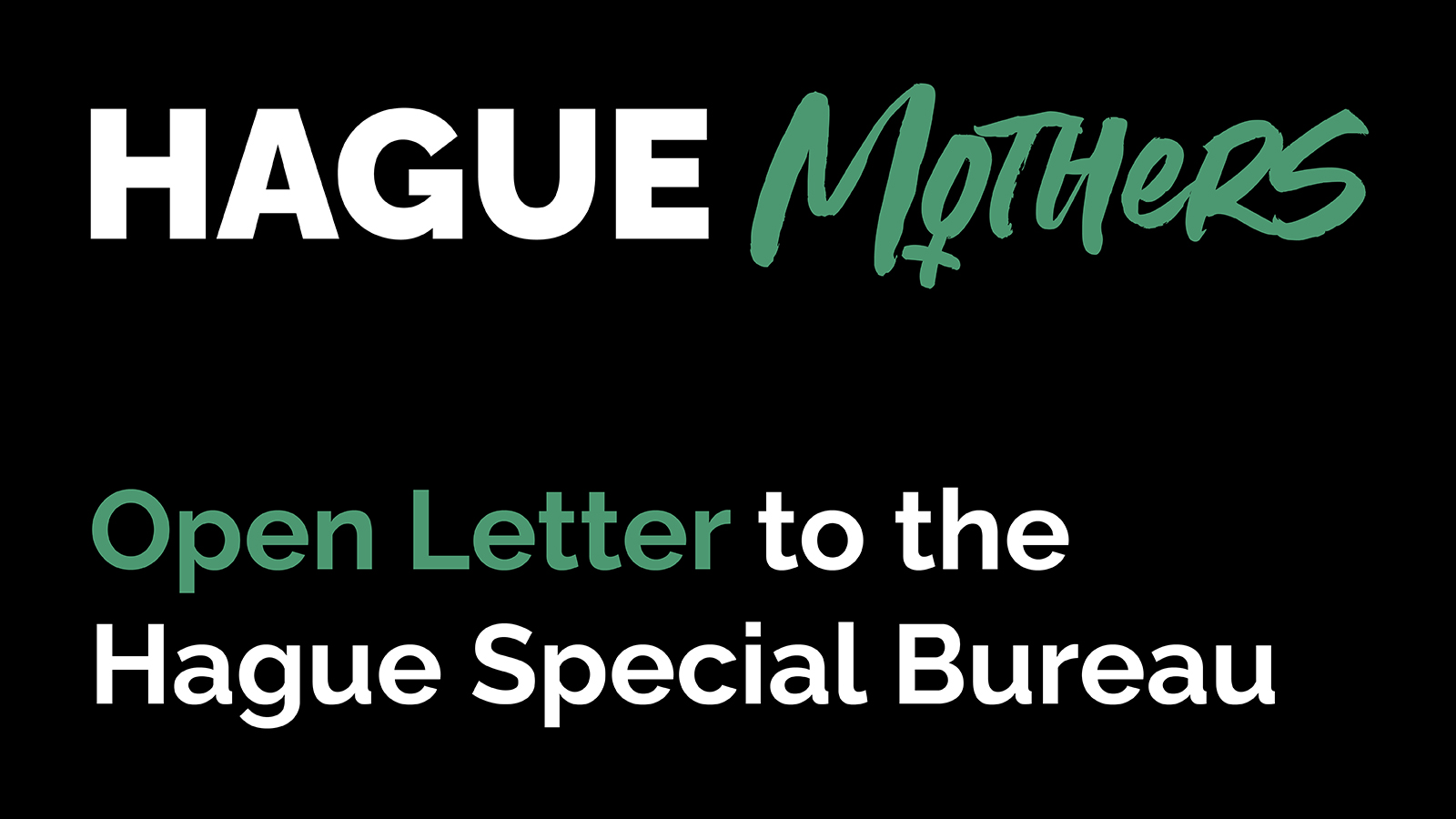Hague expert and activist (and HM Australia team member) Gina Masterton was recently asked about the Convention. She has given us permission to publish her eloquent and comprehensive reply:
I’m not opposed to the 1980 Hague Child Abduction Convention (HCAC) not being amended, as it works well for its original purpose i.e. cases involving fathers abducting their children over international borders. Those are the only cases that the HCAC should be applied to. It should NOT be invoked and enforced against mothers who flee abuse perpetrated against them and/or their children by their child’s father or his family, or in cases where children have witnessed abuse perpetrated by their father or his family against their mother.
However, if the HCAC is to continue to be applied in domestic violence related cases where protective mothers have rescued themselves and their child from abuse, then the exceptions embedded in the HCAC must be amended to focus on protecting abused mothers and children, not on persecuting them.
First: the exception allowing children to have a voice about who they live with must be made more available. The test must not be so hard to satisfy, children’s feelings and experiences must be genuinely listened to, and their testimony must not be so easily disregarded by judges.
Second: no Indigenous / First Nations child is to ever be returned by any court under the HCAC.
Third: the best interests of individual children are to be taken into account by Hague judges in each case involving evidence of domestic abuse/violence perpetrated by a father against a mother/child. Also, regarding the grave risk of harm/intolerable situation exception, judges must be made aware that abuse or violence committed against a mother or her child by the child’s father is equivalent to a grave risk of harm or intolerable situation for that child. In these circumstances, no return order for a child must be made by any judge or judges.
Fourth: once an exception is evidenced and accepted by the court, no ‘discretion’ can be used by Hague judges to override this defence and make a return order anyway. The ‘discretionary power’ of judges is often used to violate the civil and human rights of women and children, and the rule of law. It must be limited.
Fifth: any independent children’s lawyer (ICL) appointed must be approved by both parents or their legal representatives. In so many cases ICLs take the side of the Central Authority since, in most countries, they are paid by the government.
Sixth: all respondent mothers in Hague cases must have their legal fees paid for by the government of the country that is hearing the Hague application and they should be able to chose their own legal representatives. Both parties should have their legal fees paid for by the government.
Seventh: no conditions, promises or undertakings are to be attached by judges to any return orders ever. They are unenforceable and put mothers who return with their children in danger of poverty, homelessness, isolation, further abuse and even death at the hands of their abusive ex partners.
Eighth: no country should be allowed to jail a mother for rescuing herself and her child from abuse. The HCAC is an administrative law, not a criminal law.
Ninth: if mothers do have to return to dangerous situations with their children, they should be afforded all the protection that the authorities in that country can offer, with free follow-up by social workers, medical professionals, community assistance and government help. Women who are not legal residents/citizens of a country they have fled from, and now have to return to, should be afforded all the resources available to refugees in any country, as they are in fact, refugees in their abuser’s country, returning to no home, no money, no employment, no friends/family, to face the abuser they fled from.
Tenth: no domestic family court should be permitted to grant a father full legal and physical custody of a child in a mother’s absence. No parental orders should be made until the mother returns (if she returns) and, in those cases, a mother should never have less than 50% legal and physical custody of the child. Violation of such orders by a father should be dealt strictly by any court as a breach.

